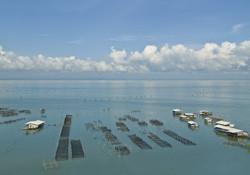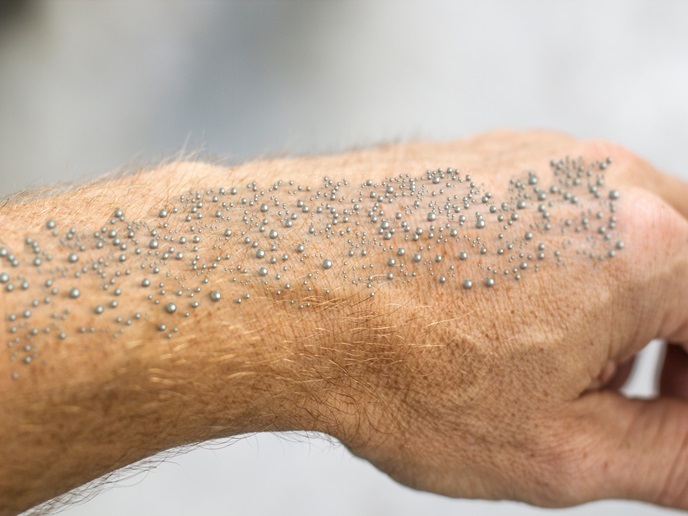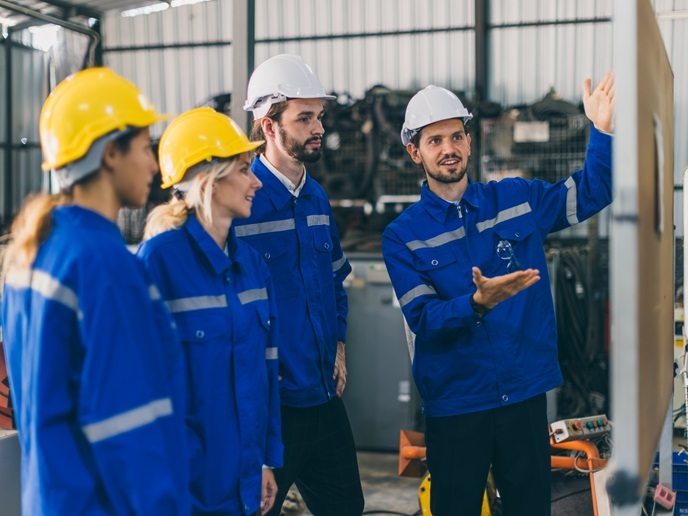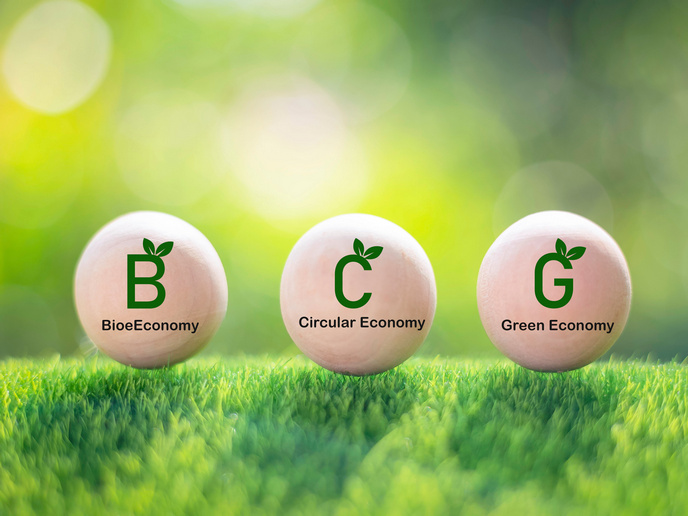Europe and Asia collaborate on aquaculture
The 'ASEM Aquaculture Platform' (ASEM-AQUACULTURE09)(opens in new window) was established as a forum for dialogue on aquaculture research, policy, education and business. The aim was to reconcile Asian and European interests in aquaculture production and consumption. A series of vital issues were defined to ensure successful cooperation, including a strategy for interacting with industry representatives. In addition, best management practices (BMPs) were established for small farmers seeking accreditation for their production process through group certification. Case studies were undertaken in India, Indonesia and Thailand to assess the effect of research clustering and to identify hurdles to adopting BMPs in shrimp farming. The project sought to mitigate the environmental impact of aquaculture by building partnerships based on integrated multi-trophic aquaculture principles. Successful examples from China and Singapore were used to develop joint research initiatives with partner institutes in order to stimulate suitable innovation. Scientific data from Asian and European partners were used as a basis for certification schemes and associated food safety legislation. A workshop was held that addressed the problems and solutions experienced by small-scale producers during implementation of food certification schemes. Disease and health management plays a crucial role in successful aquaculture. Therefore, information was exchanged on common problems encountered with newly occurring diseases and potential solutions that will lead to the development of joint research plans. Education and training opportunities for Asian and European aquaculture were facilitated by mapping exchanges between higher education establishments. Vulnerable stakeholder groups were supported by a workshop for regional experts. It provided a country-specific action plan for integrating gender into a programme that empowers the poor in fishing communities. A manual on gender analysis and mainstreaming was also produced. An inventory of BMP projects in the Asia Pacific region was produced, which will support wider dissemination of BMPs and the cluster management concept. The inventory provides information regarding project titles, objectives, source of funds and year of implementation. Furthermore, project partners conducted presentations on BMPs and cluster management at meetings and workshops, including the Aquaculture Certification workshop held in Vienna, Austria. Thanks to the work of ASEM-AQUACULTURE09, the ASEM Aquaculture Platform is recognised as the central focal point of Asian-European aquaculture collaborations. This concerted effort will result in major benefits for both regions, such as research excellence, good governance, fair trade, social equity and sustainability in aquaculture.







